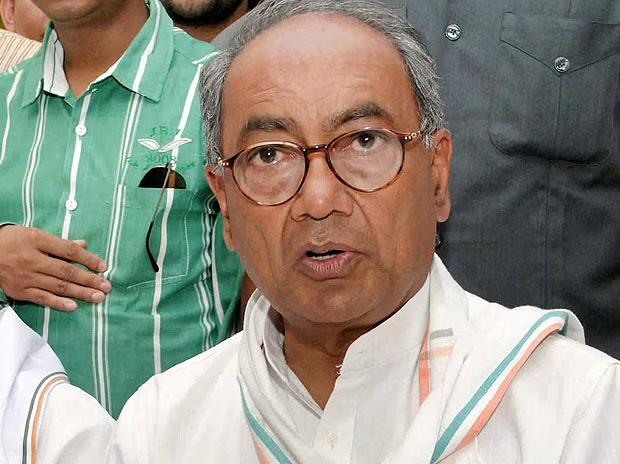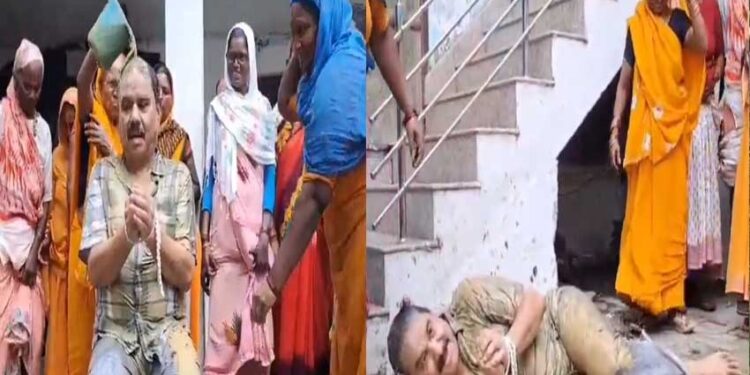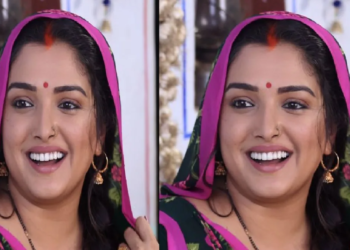History News Desk !!! Digvijay Singh (English: Digvijaya Singh, born- 28 February, 1947, Indore, Madhya Pradesh) is an Indian politician from Congress. He has also been the Chief Minister of Madhya Pradesh. He is often called as ‘Arjun Singh’ by politicians. After losing the 2003 assembly elections, Digvijay Singh took an oath that he would not participate in any election for the next 10 years. Digvijay Singh remained in the news in 2013 due to allegations against BJP after staying away from politics for 10 years.
Introduction
Digvijay Singh was born on 28 February 1947 in Indore, Madhya Pradesh. After completing his early education from Daily College, he enrolled at Shri Govindram Sexaria Institute of Technology and Science, Indore to graduate from Mechanical Engineering. Digvijay Singh was married to Asha Digvijay Singh, he has a son and four daughters. Digvijay Singh’s wife died on 28 February 2013 due to cancer.[1]
Interests
Play hockey, cricket and football at school and college levels. Playing cricket at the board level. Playing scos at the national level. An enthusiastic wildlife photographer.
Post
In 1969, he was elected President of Raghogarh Nagar Palika Parishad. During 1977, 1980, MP was elected MP from Raghogarh parliamentary seat in Guna district. In 1980, Digvijay Singh became a cabinet minister in the Ministry of Development of Agriculture Management, Fisheries, Animal Husbandry, Irrigation and Command. He was elected MP from Rajgarh in the period of 1984, 1991. In 1985, he was appointed as the chairman of the Madhya Pradesh Congress Committee. 1992 became the chairman of Madhya Pradesh Congress Committee. He remained the Chief Minister of Madhya Pradesh during the 1993, 1998 period. He became the General Secretary of the All India Congress Committee in 2013. He became a member of the committee headed by Rahul Gandhi for the 2013-2014 general elections.[1]
Achievements
Digvijay Singh prevalent the notion of decentralization of power to strengthen and develop poor people of the villages, under which 52,000 Gram Sabhas were established. Eight permanent committees were constructed for the Gram Sabha to handle various activities. He and his work were highly appreciated to prevail the perception of decentralization of power. British High Commissioner Sir Rob Young commented that, “I am greatly influenced by the Madhya Pradesh government with works like Panchayati Raj and Rajiv Gandhi Mission. The work going on through decentralization and public participation of power is commendable. The credit for this change goes to Chief Minister Digvijay Singh”.
More than 26,000 primary schools were established in Madhya Pradesh as Digvijay Singh as the Chief Minister. A primary school was established in each village within one kilometer and a secondary school within every three kilometers. According to the National Census, the literacy rate increased by 20.11 percent during the tenure of Digvijay Singh. In terms of female literacy, this growth rate was found to be 21 percent while its national average was 14 percent. When Digvijay Singh became the Chief Minister, in 1988–1989, the percentage of malnourished children (16 percent) came down to 2.92 percent in 2002.










